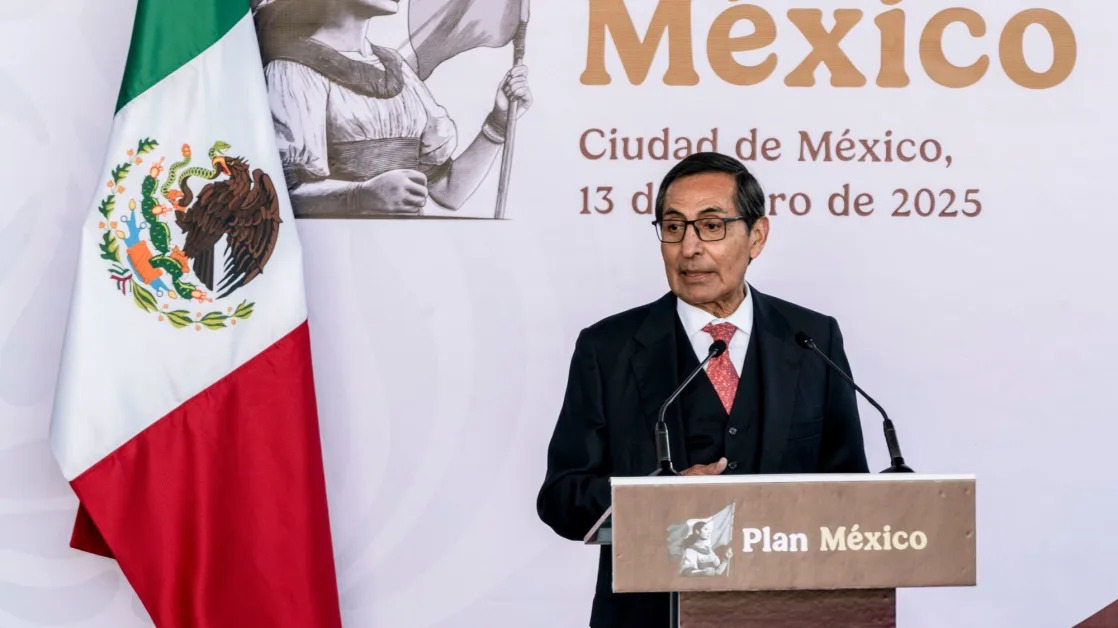This is the year that Bitcoin (CRYPTO: BTC) became a big hit with billionaire hedge fund managers. Based on recent 13F filings with the Securities and Exchange Commission, over half of the top 25 hedge funds (as measured by assets under management) in the United States now own Bitcoin.
So that leads to the obvious question: Why has Bitcoin suddenly become so appealing to billionaire investors in 2024? Let's take a closer look.
Ease and convenience of Bitcoin ETFs
The story really begins with the launch of the new spot Bitcoin ETFs in January. Before that, billionaire hedge fund managers could still buy Bitcoin, of course, but the process was much more complex and illiquid. It required setting up digital wallets, instituting new risk management controls, and buying crypto directly on cryptocurrency exchanges.
That all changed in January 2024, when billionaire-run hedge funds began buying Bitcoin in the form of the new spot Bitcoin ETFs. The launch of the new spot Bitcoin ETFs made the process of buying Bitcoin easier and more convenient than it has ever been. And, best of all, these Bitcoin ETFs came with the seal of approval from the SEC. Essentially, buying Bitcoin became as routine as buying a tech stock.
Upside potential
Of course, another important factor in the decision to buy Bitcoin is its long-term upside potential. For more than a decade, Bitcoin has been the best-performing asset in the world, and billionaire hedge fund managers have taken note. During the period from 2011 to 2021, Bitcoin delivered annualized returns of 230%. By way of comparison, tech stocks returned just 20% per year. So Bitcoin is certainly enticing as a potential way to turbocharge portfolio returns.
And it's not like Bitcoin is lacking any future upside potential. Quite frankly, the price forecasts that come out for Bitcoin on a regular basis are jaw-dropping. At one time, predicting that Bitcoin would hit a $1 million price used to be sensational. But that's old news now. Cathie Wood of Ark Invest thinks Bitcoin is going to hit $3.8 million per coin by 2030. And Michael Saylor of MicroStrategy Inc. thinks the future upside potential of Bitcoin is $13 million.
Downside risk protection
Billionaire investors also value the potential downside protection of Bitcoin. This might sound counterintuitive at first, given the perception of crypto as a risky, speculative, and volatile investment. But Bitcoin actually shares some of the same characteristics of gold (such as a finite supply and its ability to act as a long-term store of value), and that has earned it the moniker "digital gold."
So, just as you might buy gold to protect yourself from a market correction (or, even worse, a market crash), you can also buy Bitcoin as a hedge against economic, political, and geopolitical risk. Billionaire hedge fund manager Paul Tudor Jones has suggested that, to hedge against risk, the two best assets to own right now are gold and Bitcoin. And billionaire investor Stanley Druckenmiller has even suggested that Bitcoin might be superior to gold.
Portfolio diversification benefits
One of the key tenets of Modern Portfolio Theory (which focuses on how to maximize expected returns for a given level of risk) is that you can actually make your portfolio less risky by adding a risky asset to it. So, for example, it's not necessarily the case that adding a risky asset like Bitcoin to your portfolio will make it riskier. Since Bitcoin has historically been uncorrelated with major asset classes, there's an argument to be made that adding Bitcoin might actually reduce your overall risk. In layman's terms, Bitcoin can zig when the market zags, thereby helping to reduce risk.

So just how much Bitcoin should you add to optimize your portfolio? It really depends on who you talk to -- and when. For example, Cathie Wood of Ark Invest crunched the numbers at the start of this year and determined that the optimal risk-adjusted portfolio would have a nearly 20% weighting for Bitcoin. That's well above the standard allocation of 1% for Bitcoin.
And, indeed, it looks like the average Bitcoin allocation of the top billionaire investors is just 0.2%. Even the most aggressive billionaire-run hedge funds appear to be capping their exposure at just 1% of assets under management. Thus, if they are managing $100 million in assets (which is the threshold for filing a 13F), then they might own only $1 million in Bitcoin.
Investment lessons from billionaires
Putting it all together, there are a number of useful lessons for individual investors. For example, you might want to consider buying a Bitcoin ETF rather than buying Bitcoin directly via a cryptocurrency exchange. And you should take other factors into account when buying Bitcoin, beyond just its future upside potential, such as how risk-tolerant you are of the cryptocurrency's violent price swings over time.
Yes, I know it's sexy to talk about $1 million price targets. But you know what else is sexy? Downside risk protection and portfolio diversification benefits. The combination of all three is what has made Bitcoin such a favorite with billionaire investors.
Before you buy stock in Bitcoin, consider this:





